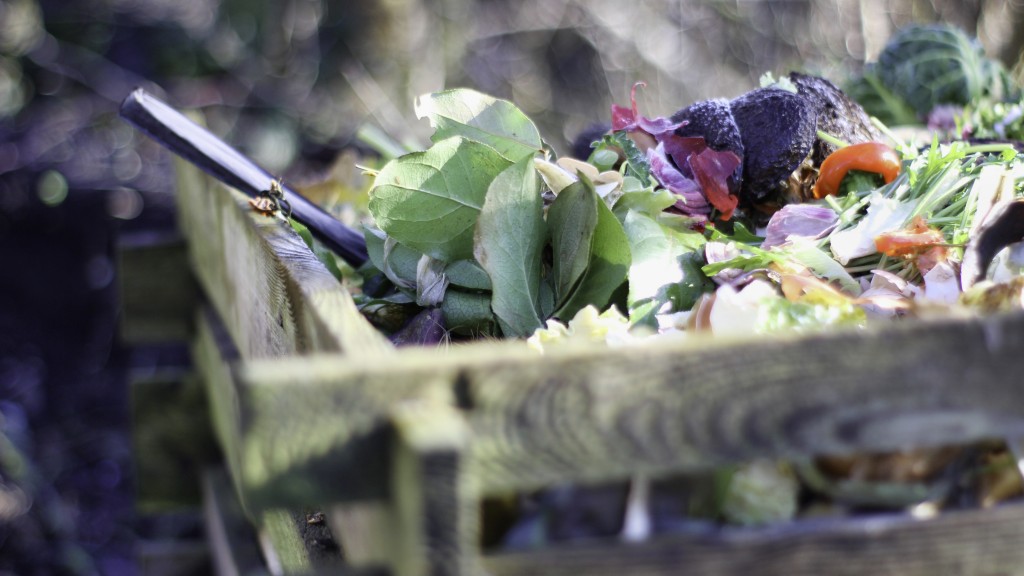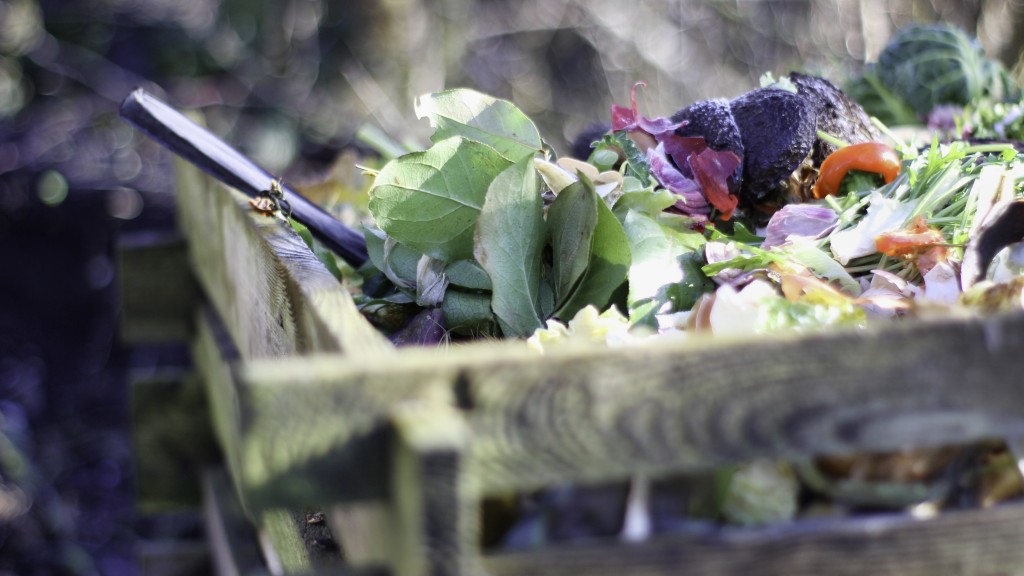International Compost Awareness Week launches global call to action
The event takes place from May 1 to 7

An international coalition of composting trade associations have sent out a call to action ahead of International Compost Awareness Week, which takes place from May 1 to 7. This call to action aims to increase the recycling of organics and increase the use of compost.
The International Compost Alliance is engaging with compost organizations around the world and highlighting the positive climate benefits composting can bring. Each country celebrates International Compost Awareness Week differently, some choosing annual themes. This year, the themes include "S.O.S.: Save Our Soils, Saves OurSelves" and "Recipe for Regeneration: Compost".
International Compost Awareness Week engages with advocates and volunteers around the world, hosting educational activities and working together to bring awareness to the benefits of recycling organics, including the importance of returning organic matter - compost - back to our soil.
Organics recycling is an affordable carbon capture tool which can be done at many different scales, which can also deliver added benefits in renewable energy production, improved water quality and conservation and food security.
Currently, over 83 million tonnes of biowaste are recycled every year around the world. Not only does this recycle over 1 million tonnes of plant macro-nutrients, but, through storing carbon in soil and offsetting fertilizer use, it reduces greenhouse gas emissions by 9 million tonnes of carbon dioxide equivalents - the equivalent of driving an average car for 36 billion kilometers (23 billion miles); almost 95 thousand times the distance between the earth and the moon.
Ginny Black of the Compost Research & Education Foundation in the U.S. says: "International Compost Awareness Week is a reason to celebrate the possible - recycling organics for the good of our planet and ourselves. Whether at home, work or play, organics recycling creates valuable carbon-rich organic matter - compost - for return to our soils for carbon storage, water conservation, food security and improved nutrition."
According to Jenny Grant, Head of Organics and Natural Capital at the Association for Renewable Energy and Clean Technology, "We are at a crucial moment in our efforts to reach net zero which is why we are issuing a call for action. The message is simple, if we Save Our Soils, we can help Save OurSelves and future generations. Every tonne of organics that is recycled removes one tonne of greenhouse emissions from atmosphere. It really is a no-brainer - what is good for our soils is good for us too."



